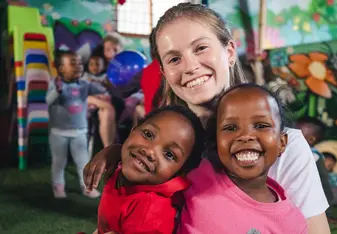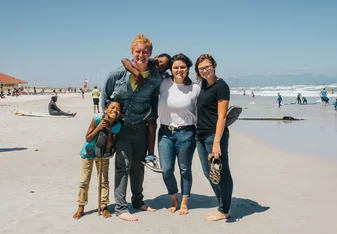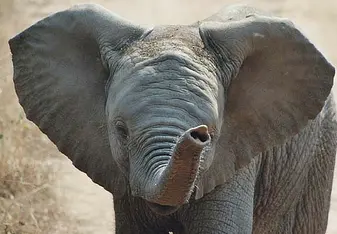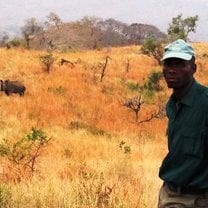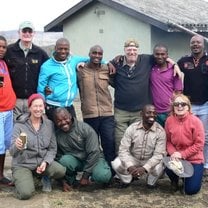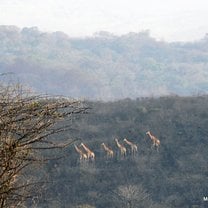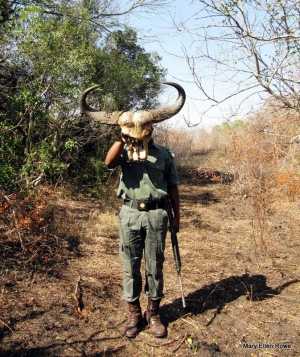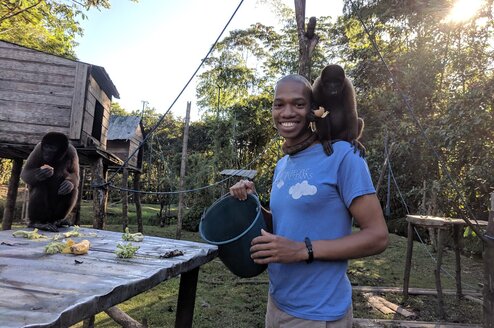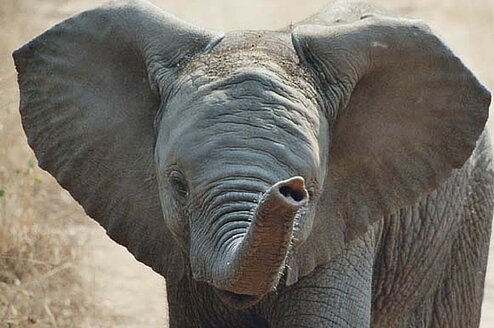Location
- South Africa
Aug 01, 2024
May 16, 2016
3 travelers are looking at this program
About Program
Trek through the wilderness of Africa to track rhinos, elephants, and other animals. Accompanied by an expert wildlife guide, you will observe and note the location of every animal you see. With your help, Earthwatch researchers are working to ensure the ongoing health of a major South African wildlife preserve.
The Hluhluwe-iMfolozi Park in South Africa is a magnificent landscape of rolling savanna woodland and is the oldest game reserve in Africa. In the early 20th century, it was the last refuge for the southern white rhino.
On recreational days, you could:
Visit the small game capture museum and game bomas, followed by an outdoor lunch at the onsite cafe.
Enjoy a game drive through the park to Hilltop Camp for lunch.


